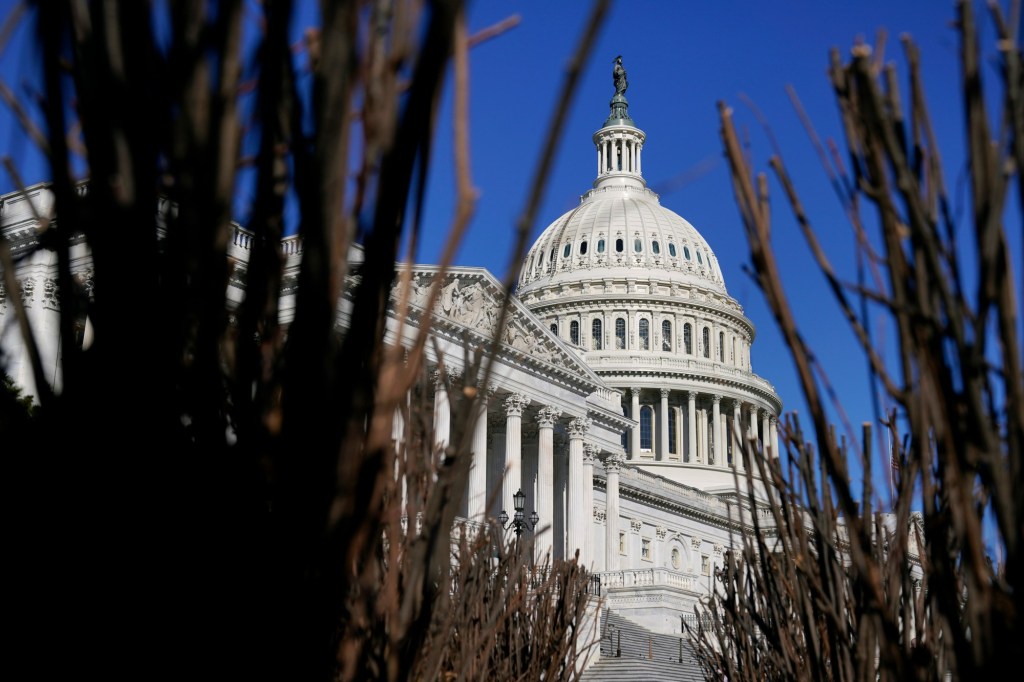
The editorial board of this newspaper recently criticized my support for a $9 billion spending rescission package, calling it a “rounding error” and questioning my commitment to fiscal responsibility. It also accused me of “voting to add trillions to the national debt”. I vehemently disagree on both points.
Let’s start with the criticism of H.R. 1, the One Big Beautiful Bill. Income taxes were previously scheduled to increase substantially at the end of 2025 as a result of the expiration of the Tax Cuts and Jobs Act. Instead, this bill extends the income tax rates that are currently in place, averting what would have been a 24% average tax increase for my constituents and preventing the average family in my district from having to pay over $1,500 more every year to the IRS. Critics of the bill claim that this adds trillions of dollars to the deficit, but they make those calculations based on the potential tax increases the bill prevents. If the calculation is made on the basis of current spending and tax policy, the spending cuts in the bill actually decrease the deficit by over $600 billion, the largest reduction in federal spending in the history of our country.
I believe that my constituents already pay enough in taxes, and I do not feel that increasing taxes on them is the right way to solve our deficit problem. The only viable path to a balanced federal budget is to curb our government’s seemingly insatiable appetite for spending, which increasing taxes on hardworking Americans does not accomplish. Although federal spending must decrease by still more to eliminate the deficit, this bill is a good start.
The bill also includes numerous provisions designed to boost American productivity and incentivize work, savings, and investment. Modeling the effects of these pro-growth policies is notoriously difficult, which is why the static fiscal scoring done by entities like the Congressional Budget Office does not include them. But history shows that they result in higher wages, increased tax revenues, more job opportunities, and lower unemployment, which will not only grow our economy but also further reduce the federal deficit.
We also can’t ignore the cost of our national debt. I continue to believe that our ballooning debt is the biggest existential threat facing our country. Every $1 billion in federal spending equates to about $6.50 per American taxpayer. That means the $9 billion rescissions package I supported equals nearly $60 in avoided burden on every single one of my constituents- hardly a “rounding error”. And that’s without factoring in the growing interest payments on our debt, which is now one of the largest line items in the federal budget.
Fiscal responsibility shouldn’t be about grandstanding or scoring political points. It requires making serious, thoughtful decisions to reduce unnecessary spending, grow our economy, and create a sustainable future for our children. That’s what I’ve always stood for, from Sacramento to Washington. And it’s what I’ll continue fighting for in Congress.
Jay Obernolte represents California’s 23rd congressional district.
Originally Published:



